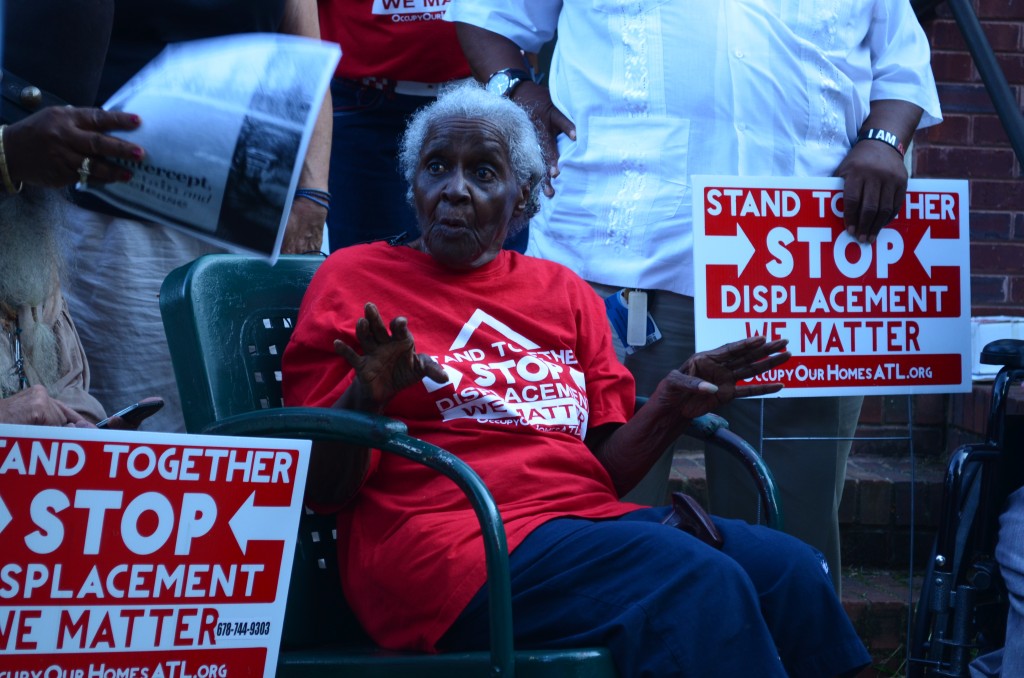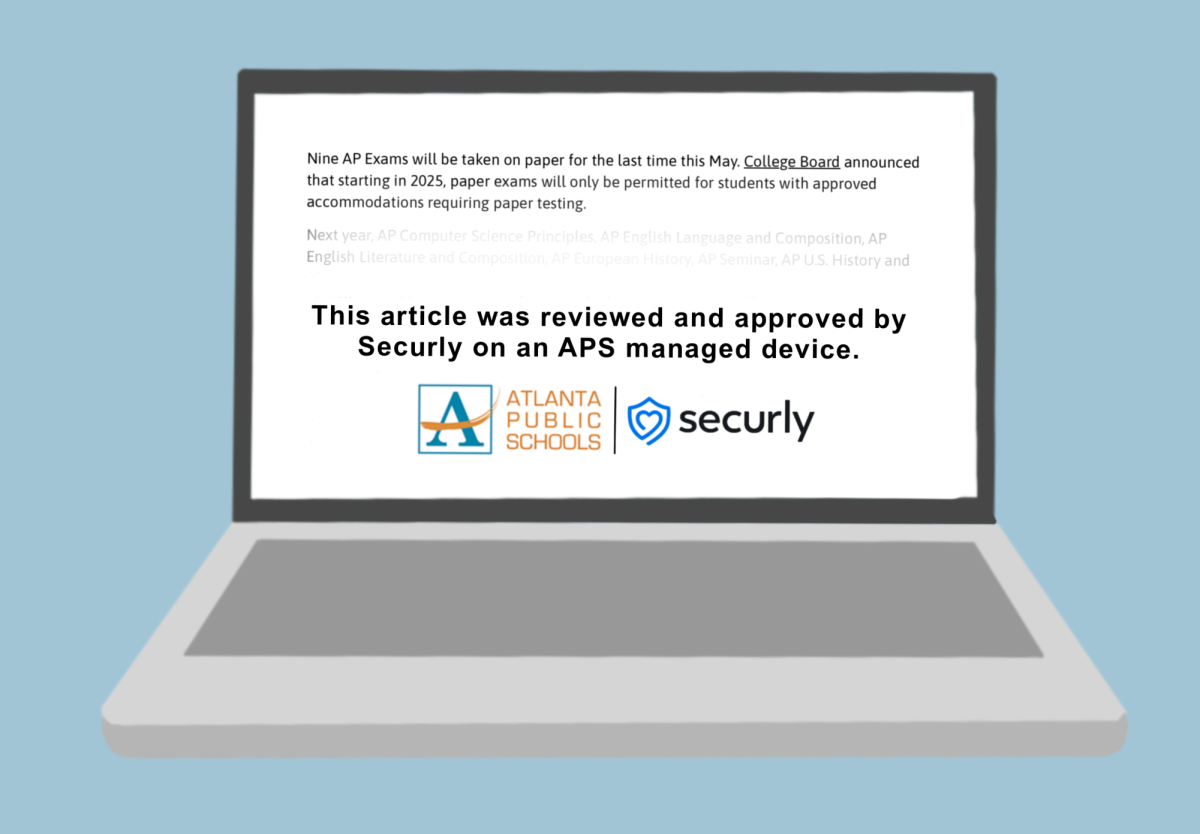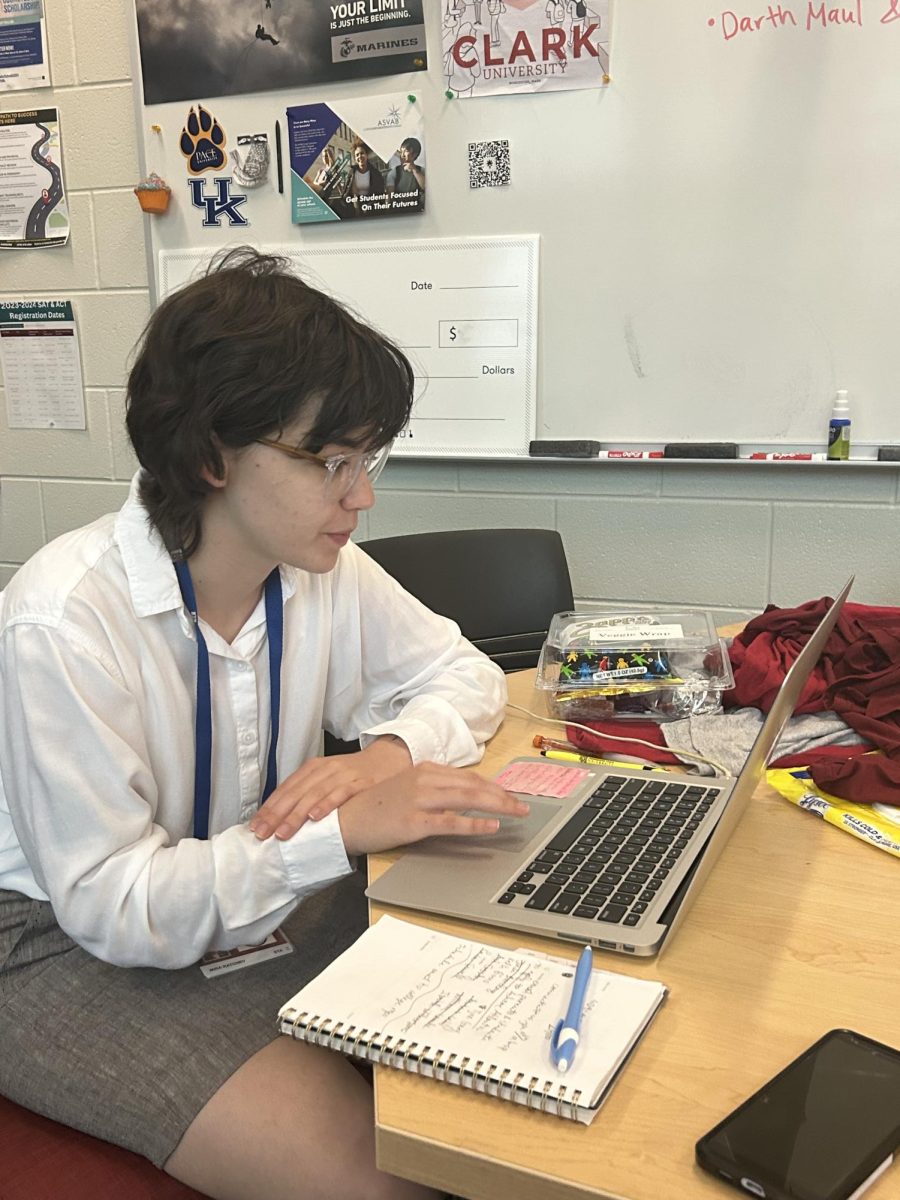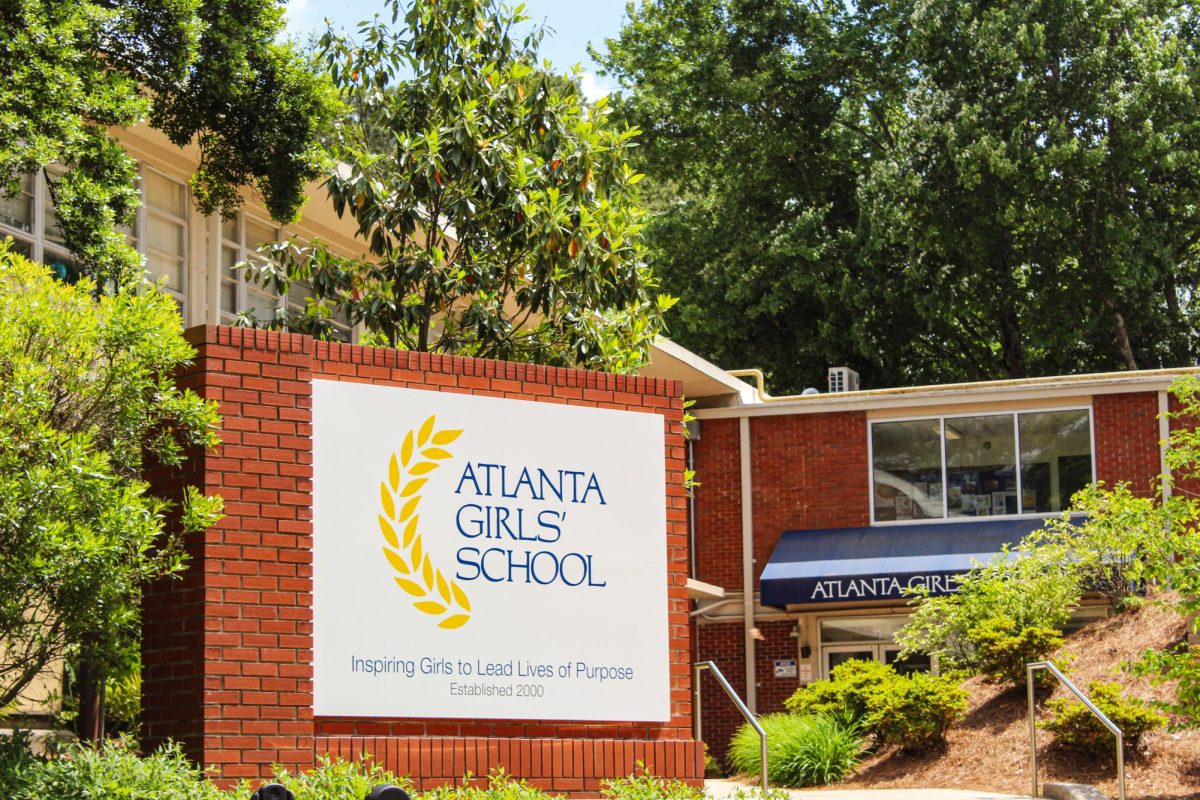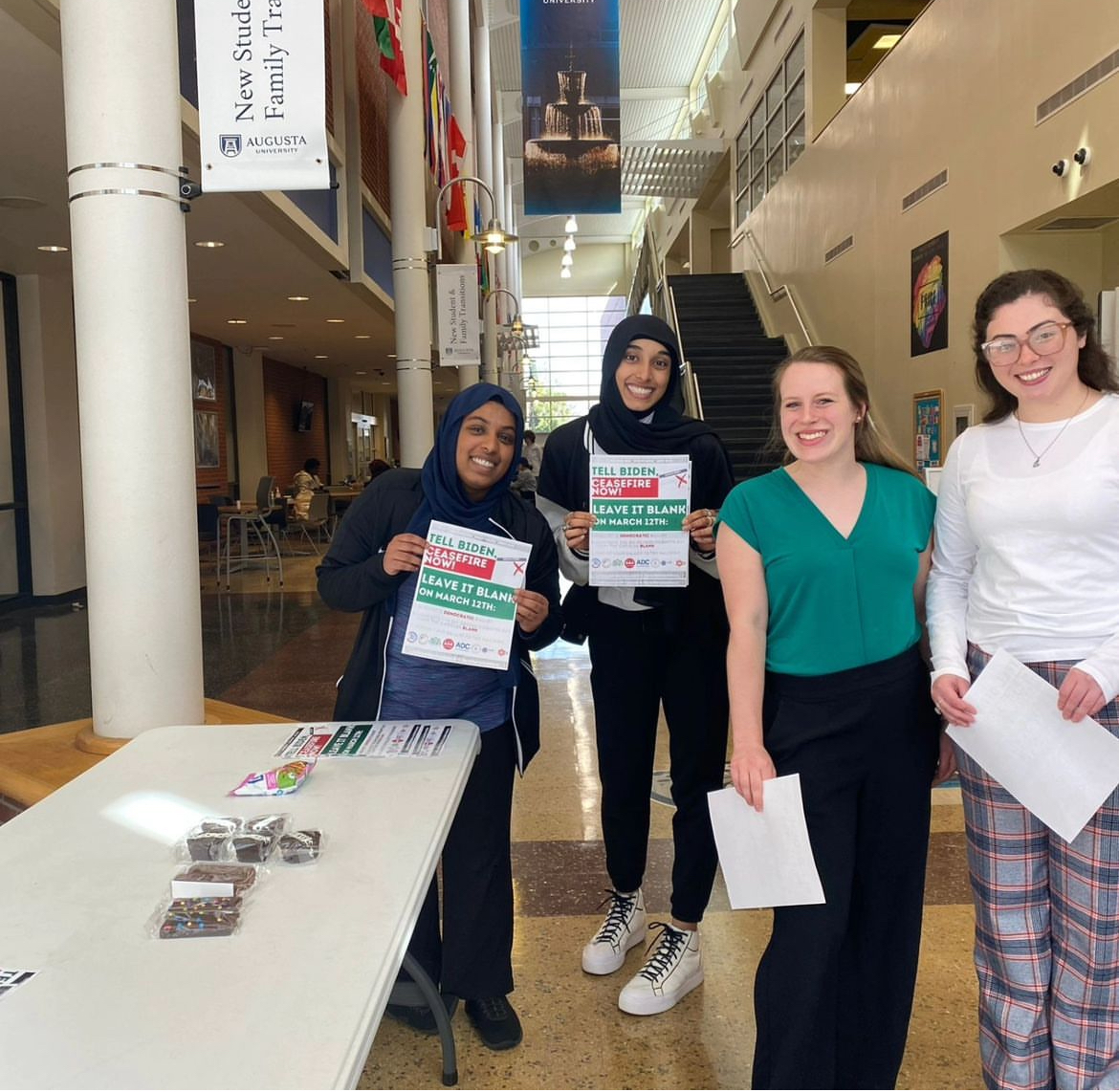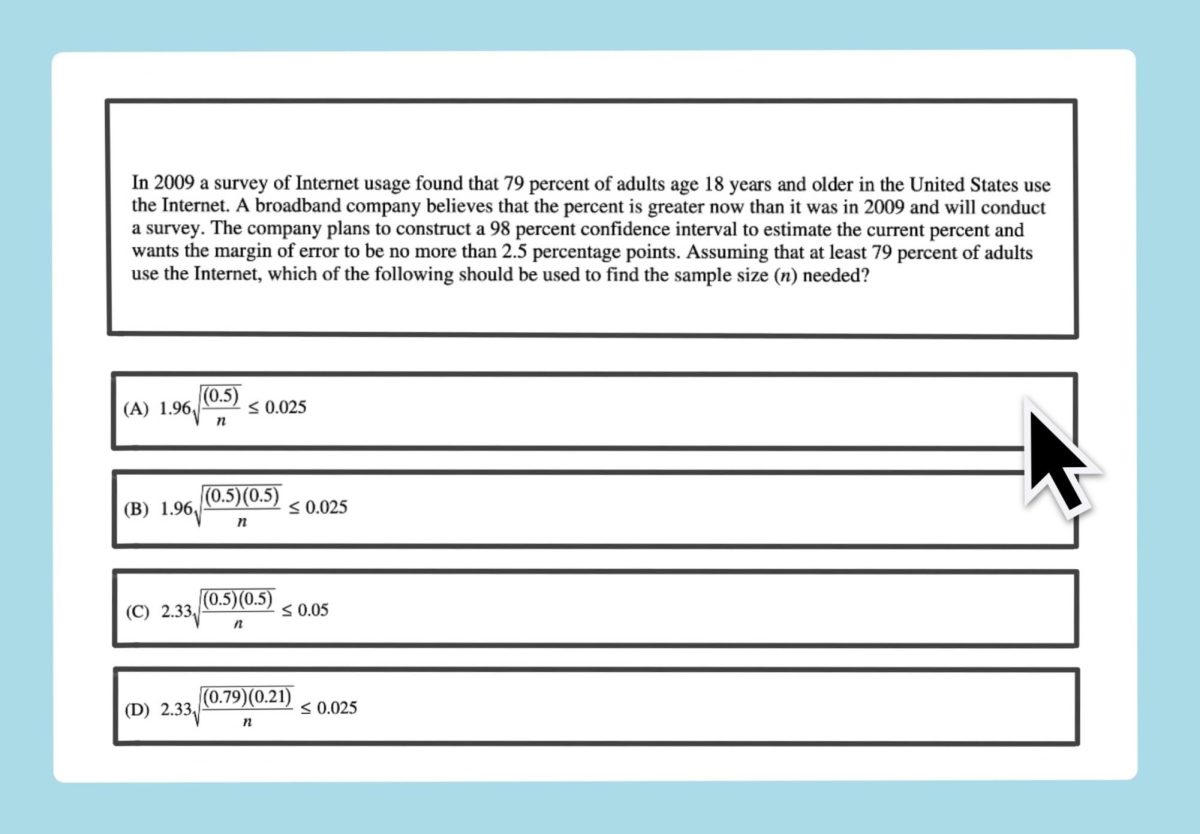Last fall, the City of Atlanta released plans to demolish a block of homes in historic Peoplestown in order to control flooding in southeast Atlanta. Mayor Kasim Reed first took interest in the block after major flooding in 2012 when El Baker, an 18-year resident of Peoplestown, filed a property damage lawsuit against the city.
One person affected by the city’s plans is 93-year-old community activist and “unofficial Mayor of Summerhill” Mattie Jackson, who has lived in the neighborhood her entire life and in her current house for 47 years.
“I’m really hurt over it,” Jackson said. “My house is paid for. They are going to catch a heap of [trouble] if they try to take my house.”

Two years ago, Gresham Smith and Partners, an architectural firm with an office in Atlanta, proposed a solution to the flooding which did not involve demolishing the block. The proposal included the installation of new underground water storage tanks and the conversion of a portion of the former Atlanta-Fulton County Stadium, now a parking lot, into a public park.

The city rejected the plan to convert the stadium site, but adopted some of the firm’s proposals. Along with the introduction of two large capacity storage tanks, the city is installing permeable pavers throughout the city. This layered system of rocks underneath new sections of formerly asphalt, now brick roads, allows for better water drainage.
“We are installing six miles of permeable pavers, which is the largest permeable paver project in the nation,” said Todd Hill, an environmental management director for the Atlanta Department of Watershed Management. “No other city in the nation has ever been as progressive as the city of Atlanta in moving forward with a project of this type.”
Even with these changes, the city maintains that the block will still flood in the event of heavier storms. The flooding in 2012 which caused residents to sue was the result of a five-year storm, or a storm with a magnitude likely to happen once every five years. Each year, this has a 20 percent chance of occurring. These current additions, the city claims, will not protect against 25 or 100 year storms, which are likely to occur once every 25 or 100 years respectively and have a four and one percent chance of happening each year.
As a result, the Atlanta Department of Watershed Management settled on a $65 million plan which also allots for the creation of a park between Atlanta Avenue SE and Ormond Street SE where the 29 homes currently stand.
“We want to keep people safe and properties safe as well as putting a system in that works with nature,” Hill said.

Momentum against the city’s proposal has risen in recent days as some residents refuse to sell.
“Right now the remaining residents are standing together in the face of eminent domain and are refusing to leave,” said Tim Franzen, an activist for Occupy Our Homes Atlanta, an organization that aims to prevent gentrification in the city.
The city now owns 14 of the 29 lots on the block, and has been purchasing them at 120 percent of the city’s market value appraisals. Many residents don’t believe this agreement is fair. So far, eight residents have refused to settle with the city. Tanya Washington, a law professor at Georgia State who has lived on the block for four years, is one of the residents who objects.
“We don’t need to be saved from the flooding; we need to be saved from the city,” Washington said.
According to Washington and Jackson, the homes of those who have not sold don’t have a flooding problem. These homes are not in need of flood insurance which homes susceptible to flooding would require, according to Franzen. These residents believe there is no need for them to leave.
Other residents of the block are in favor of the park. Davy Nixon, whose home has flooded, sold his home to the city two weeks ago and has managed to purchase a new home in the community.
“Those of us who have been dealing with this for years and years are happy to leave,” Nixon said.
While he agrees with the city’s plans in the area, Nixon did find negotiating house values with the city difficult.
Dr. Deirdre Oakley, a professor of sociology at Georgia State University, has conducted research about the relocation of Atlanta public housing residents, such as at the Palmer House, a senior citizen high-rise. She is concerned about the city’s plans for Peoplestown.

“It’s really sad,” Oakley said. “I think what people don’t realize…it’s not just displacing them from their housing, it’s displacing them from their community.”
The city firmly believes this construction would benefit the community. The commissioner of the Watershed Department, Jo Ann Macrina, opposed creating a standard concrete pond to handle the water in this area, and is in favor of the Japanese garden-style park the city is planning.
“If we’re going to be using an entire city block, she wanted to make it an enhancement to the community while providing the proper capacity relief for the area,” Hill said. “We’re preventing flooding on other homes outside this block also. This is a greater good for the community. It’s also for the public safety of the residents that were living on that block.”
Lillian Govus, a Watershed Management spokeswoman, compares the Peoplestown proposal to the Old Fourth Ward Park, which was also built to control flooding. In her eyes, this would be a beneficial addition to the community and a continuation of the mayor’s commitment to sustainability. Occupy Our Homes Atlanta sees it as a danger to the community, and a promotion of gentrification.
“An Old Fourth Ward Park would be the nail in the coffin for gentrification,” Franzen said.
In 2013, Federal Reserve of Cleveland researcher Daniel Hartley conducted a study which put Atlanta as the sixth most gentrifying city in the nation. His report explains what this means.
“A neighborhood is gentrifying if it is located in the central city of a metropolitan area and it goes from being in the bottom half of the distribution of home prices in the metropolitan area to the top half,” he wrote in the report.
In Feb 2015, two years later, Governing, a magazine covering state and local politics, policy and management, published a study placing Atlanta as the fifth highest gentrifying city in the country. Franzen cites increases in home prices in the Old Fourth Ward since the construction of the park as evidence of recent gentrification. Home prices per square foot in the Old Fourth Ward have risen from an average of $78 in 2010 to $227 in 2015, according to Trulia, a real estate website which displays market trends.
This is troubling for activists in the area, who believe long-time, low income residents of Peoplestown will be priced out of the neighborhood and forced to move from their homes if the park is built. Many believe that inner city gentrification pushes poverty out of the city into surrounding suburbs while failing to combat the problem.
The Brookings Institute released information on the composition of Atlanta’s population from 2000 to 2011, which revealed that Atlanta’s low-income suburban population grew by 159% compared to a 67% national average.
“I think it’s a legitimate concern,” Oakley said. “Once you upgrade the infrastructure, developers are going to be more interested in the area.”
This concern is shared with many members of the community, but Govus disagrees on the effect in Atlanta.
“I had to go out to Fourth Ward Park today..and I looked around at the people who were using it…reflected the community, the diversity of this city and that’s what’s important,” Govus said.
The prospect of the park still upsets Jackson.
“I’ve been here all my life, and this is the worst time of my life,” Jackson said.
Watershed Management sees Jackson as a special case, and has been working toward finding an individual solution for her, including the prospect of physically moving her home to a new lot.

“We’ve offered to move her home. We’ve offered to buy her a new home. We’ve offered to buy her home and allow her to do what she needs to do with that money,” Govus said. “So we are committed to do whatever it takes… We are doing our best to make sure she’s not in an area that’s going to flood, and it will flood.”
Oakley believes any relocation is detrimental.
“We haven’t written the paper on the seniors yet, but it was really, really hard on them,” Oakley said. “The quality of the housing they went to was fine, but they lost their social networks. To be uprooted like that…One was 99 years old…She was pretty much self sufficient, and this is typical in the research. She died in six months. Her independence was taken from her.”
Occupy Our Homes Atlanta, Washington and other residents remain hopeful that they can block the city’s plans for the neighborhood. Franzen and Washington believe that the Gresham Smith and Partners plan, along with other proposals could solve the problem.
“Mayor Reed has the opportunity to be a hero,” Franzen said. “There’s a crisis on his desk and there is a solution that doesn’t see the bulldozing of the most stable block in the community.”
Oakley sees a victory for the block residents as unlikely.
“You need a lot of resources to win against eminent domain,” Oakley said. “I wouldn’t be too hopeful.”






